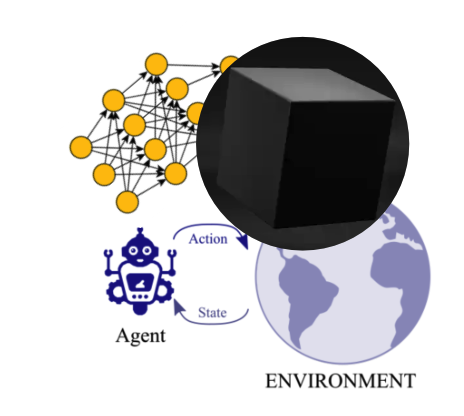 Infusing physics principles into AI to create state-of-the-art AI innovations, including:
Infusing physics principles into AI to create state-of-the-art AI innovations, including:
- representation learning,
- robust and interpretable AI, and
- reinforcement learning.
Projects in Foundational AI are infusing physics principles into AI to create state-of-the-art AI innovations, particularly in terms of representation learning, robust/interpretable AI, and reinforcement learning. Overall, the goal for projects in this domain is to develop AI techniques that can be used across a variety of applications and that are influenced by physics principles and/or problems. Researchers are tackling AI questions dealing with robustness, interpretability, computer vision, equivariance, and segmentation, among others.
Research Highlights
<
<